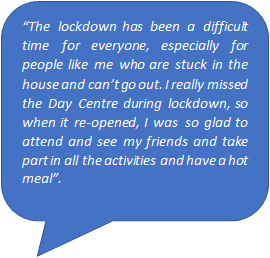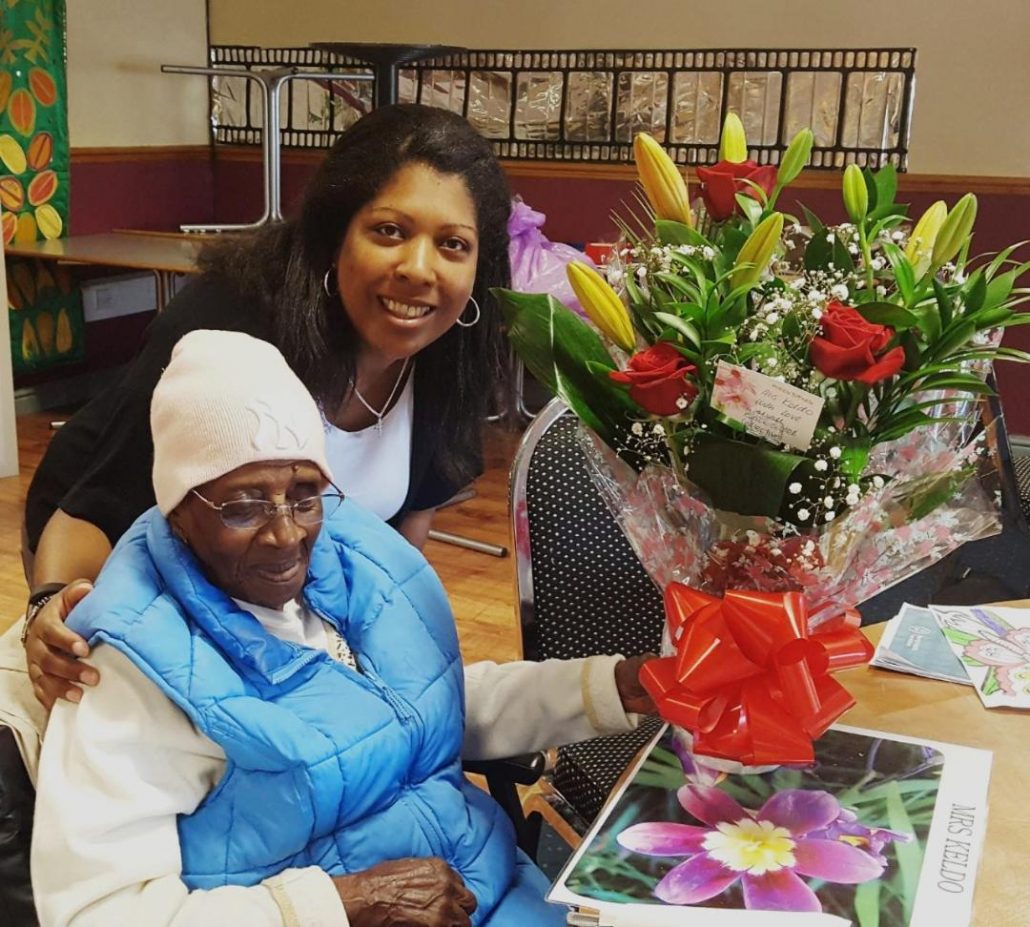Be-A-Friend
The aims of the project are to:
1. Reduced feelings of loneliness
2. Reduced social isolation (the level of contact with others)
3. Improved mental and emotional well-being.
4. Improved physical well-being.
5. Improved technology skills
6. Increased access to essential services
7. Increased community cohesion and social interaction
(a) Bring people together & build strong relationships in and across communities
By addressing loneliness and isolation the project fits perfectly into the Community Fund, funding priority of bringing people together and to build strong relationships in and across communities, by promoting engagement in community events such as day centres, social activities, events, support groups etc
As stated, prior to the pandemic loneliness was already a serious health problem due to both its prevalence and its associations with poor health, wellbeing, mental and physical health, which can result in premature mortality. The project will enable and support social interaction, build relationships, and trust between communities; by breaking down social barriers.

(b) Enable more people to fulfil their potential by working to address issues at the earliest possible stage

Prevention work is very important and if we can address loneliness at its beginning stage we can prevent or reduce long-term illnesses, like dementia, depression and hospital admission. Our work will be to enable people to certainly fulfil their full potential and make a positive contribution to society. Studies show that chronic loneliness causes health problems including dementia, depression, anxiety, self-harm, suicide ideation, heart conditions, and substance abuse. People without social support also have lower chances of full recovery after a serious illness than people with a strong network.
The Be A Friend Project will address the long-term effects of COVID-19 as we move out the restrictions and into recovery. It will provide an even greater emphasis on getting people through the effects of the pandemic and re-engagement, and will respond to the immediate crisis, supporting recovery activities.
01922 616 996 [email protected]